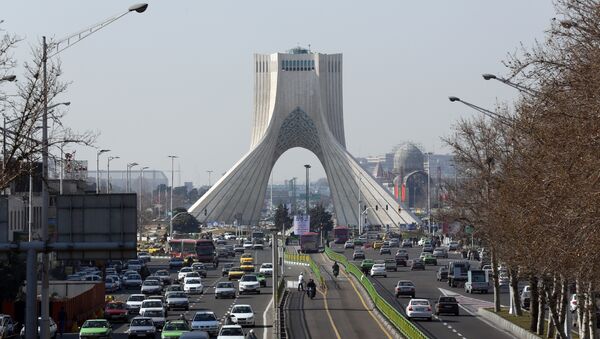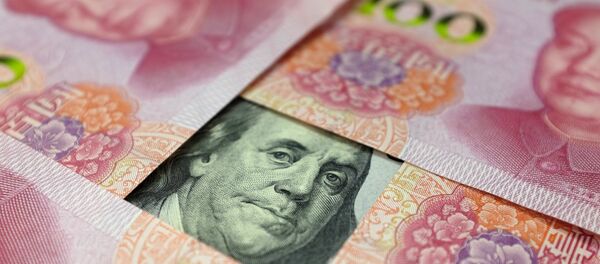"Iran is trying to make its relationship with the US and the world more amiable than it has been in recent past. However, at the same time Iran does not want the US to become any stronger. This is really a chess game the Iranians are playing vis-à-vis the US," Director of the International Dialogue Foundation in London noted.
Iran's oil contracts in euros already include recently signed deals with French Total, Russia's Lukoil and Spanish Cepsa, an unnamed source in state-owned National Iranian Oil Company told Reuters on Friday.
The underlying logic behind Iran's decision is simple: if Tehran moves away from the petrodollar, the US will have less control over the oil market. At the moment, the US dollar is the currency for any multinational commodity transactions, particularly for oil trade.
"It is literally the only reason that the dollar and the US economy are stable," the analyst observed.
However, in the last five years global transactions in dollars have significantly decreased. "It used to be 90 percent, now it is 60 percent," Razvi detailed. As a result, "the glamour and the luster" of the dollar, as the analyst put it, is on the decline.
"Saddam Hussein began selling oil in euros and we know what happened to Iraq after 2001."

Similar fate awaited Libya's late leader Muammar Gaddafi, who was killed after a NATO-led intervention threw the country into chaos. Gaddafi was a staunch advocate of introducing a new currency, the gold dinar, to rival the US dollar and the euro. "The US and its allies bombed [Libya] into oblivion and changed the regime there," the analyst noted.
Nevertheless, Razvi emphasized that chances of US launching an attack on Iran are slim.


